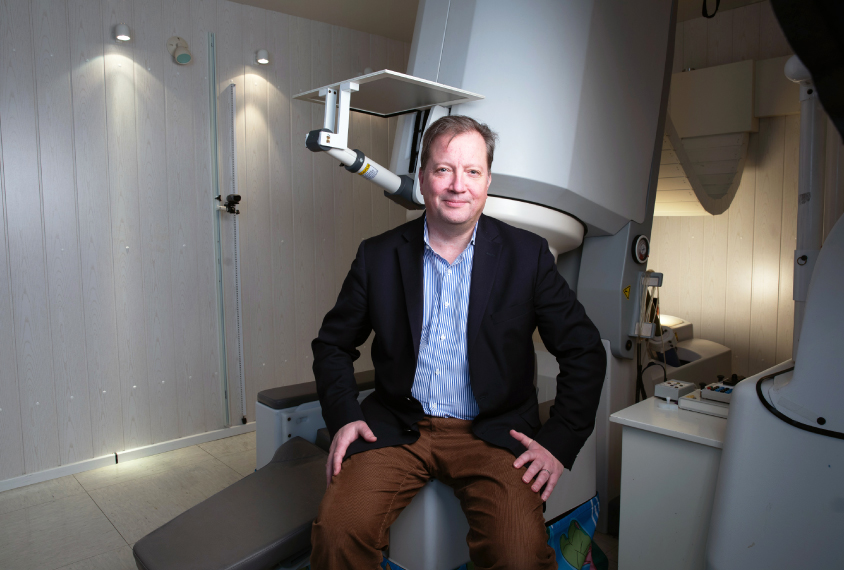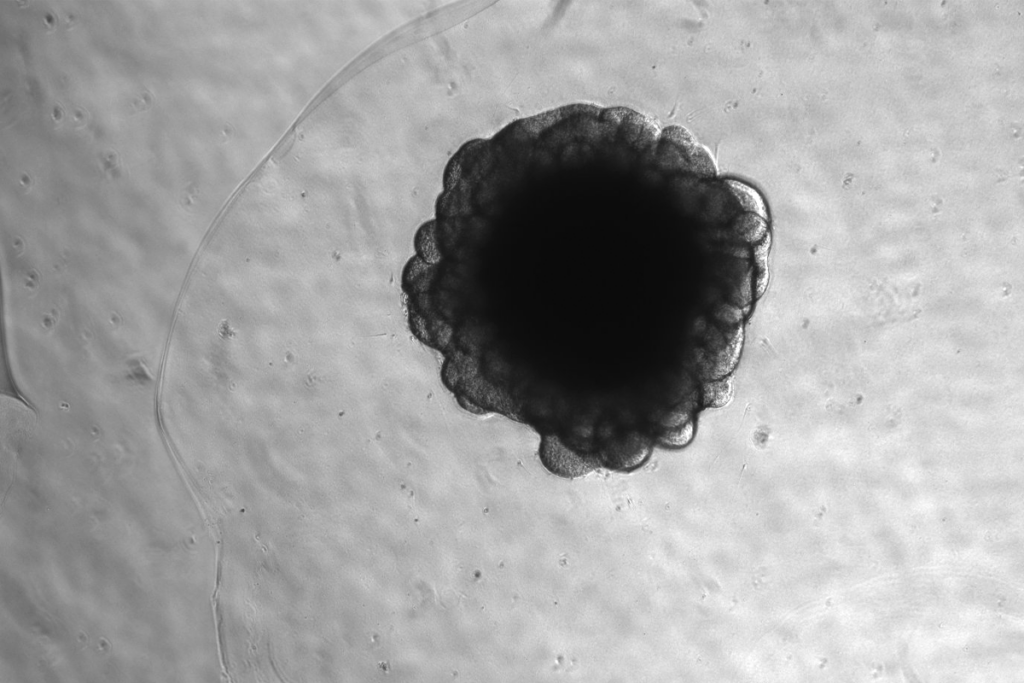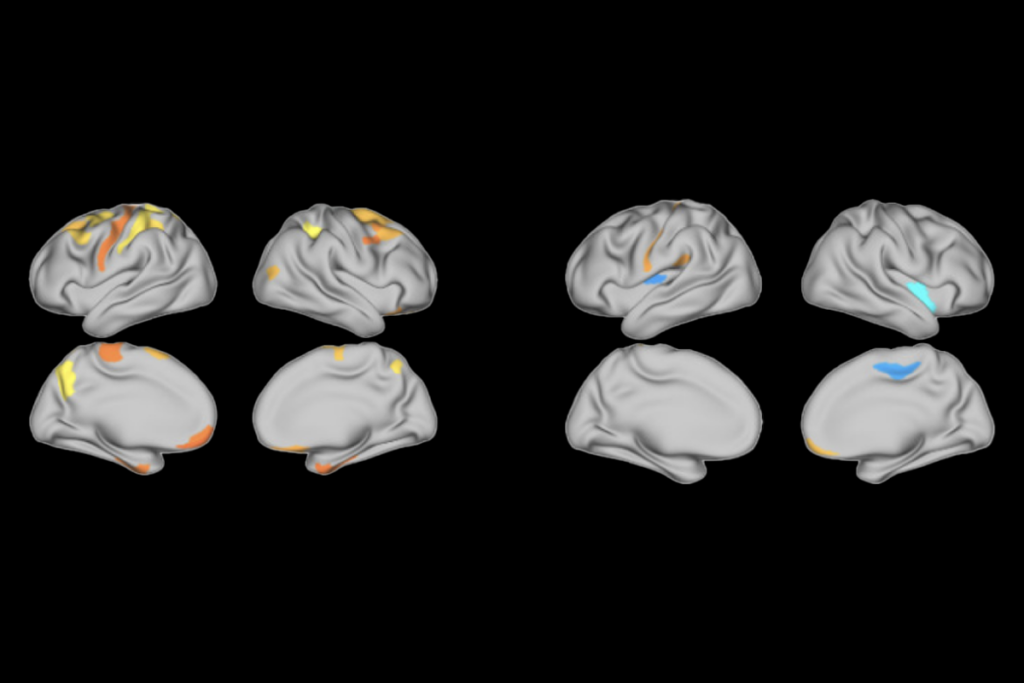Timothy Roberts is Oberkircher Family Chair in Pediatric Radiology and vice-chair of radiology research at the Children’s Hospital of Philadelphia. He is also professor of radiology at the University of Pennsylvania.
Timothy Roberts
Professor of radiology
Children's Hospital of Philadelphia
From this contributor
In quest for autism biomarkers, this technique has magnetic appeal
To find biological markers of autism, scientists would be wise to measure the brain's electrical activity along with the resulting magnetic fields.

In quest for autism biomarkers, this technique has magnetic appeal
When tracking brain activity, timing can be key
A brain imaging technique called magnetoencephalography characterizes not just what is happening in the brain, but also where and when, making it ideally suited for studying autism.

When tracking brain activity, timing can be key
Imaging biomarkers could signal autism spectrum disorder
There does not appear to be a single genetic or environmental cause of autism, and given the heterogeneity of symptoms, coming up with a clear yes or no test for autism is challenging. Timothy Roberts argues that imaging and electrophysiology are key in the search for autism biomarkers.

Imaging biomarkers could signal autism spectrum disorder
Explore more from The Transmitter
‘Peer review is our strength’: Q&A with Walter Koroshetz, former NINDS director
In his first week off the job, the former National Institute of Neurological Disorders and Stroke director urges U.S. scientists to remain optimistic about the future of neuroscience research, even if the executive branch “may not value what we do.”

‘Peer review is our strength’: Q&A with Walter Koroshetz, former NINDS director
In his first week off the job, the former National Institute of Neurological Disorders and Stroke director urges U.S. scientists to remain optimistic about the future of neuroscience research, even if the executive branch “may not value what we do.”
Viral remnant in chimpanzees silences brain gene humans still use
The retroviral insert appears to inadvertently switch off a gene involved in brain development.

Viral remnant in chimpanzees silences brain gene humans still use
The retroviral insert appears to inadvertently switch off a gene involved in brain development.
FDA website no longer warns against bogus autism therapies, and more
Here is a roundup of autism-related news and research spotted around the web for the week of 26 January.

FDA website no longer warns against bogus autism therapies, and more
Here is a roundup of autism-related news and research spotted around the web for the week of 26 January.